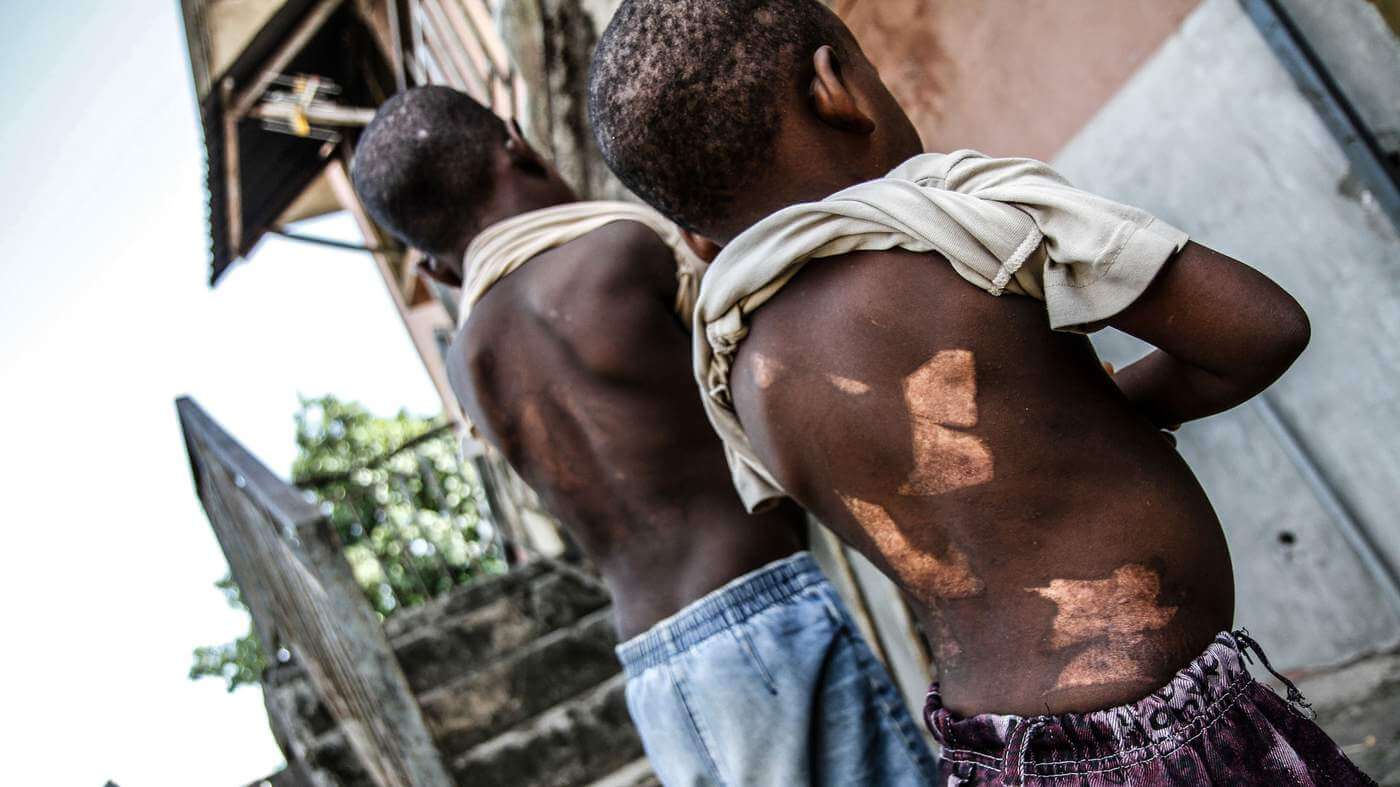“You are a witch, an evil child, and do not deserve to live.“
Those are harsh soul-piercing words to say to an innocent child. Yet, every day, in many Nigerian states, including Edo, Adamawa, Plateau, Akwa Ibom, Cross River, and Delta states, a parent, neighbour, relative, or even a friend says those words to a child, who might not even know what the word “witch” means or who a witch is.
A witch is someone possessing supernatural powers they use for evil, especially for hurting fellow humans. If you have ever watched a wicked character in a horror film, that’s a typical example of a witch.
But most kids labelled witches in Nigeria neither manifest supernatural powers nor confess having some.
So why the labelling?
Well, for just having a deformity, being perceived as ugly, demonstrating beyond-average intelligence, or even being disliked by a stepmother/father or a relative, one might qualify to be labelled a witch.
In some cases, it does not end with the branding. The child is beaten, starved, maltreated, denied other privileges, and thrown out of the house.
“When I was about two to three years old, my mother threw me in a gutter in the hopes that it would rain and the water would sweep me away,” one 20-year-old Okon told Prime Progress in 2021. “She also threw me in a waste bin, but my neighbours rescued me from both events.”
This is how some kids in the streets of some Nigerian cities became street kids exposed to bad gangs, drugs, violence, extreme weather conditions and more.
In extreme cases, the child is tortured to death, set ablaze or killed in some other way after being branded a witch.
In June 2015, a 60-year-old man set an eight-year-old girl ablaze after accusing her of witchcraft. The girl died on the spot, and the police later arrested the man.
Though children are the ones mostly labelled witches, older adults, just for being old, are sometimes marked witches by younger people who believe by reason of old age, they possess supernatural powers and a tendency to harm people.
In August 2022, youths in the Boki Local Government of Cross River beat two catholic women (widows) to death on the suspicion that they initiated a community member into witchcraft. Four months later, four young men in Adamawa State set a woman on fire on an accusation of witchcraft.
What does the law say?
The laws of Nigeria frown against all forms of discrimination against children and, indeed, any citizen.
Section 10, subsections 1 and 2 of the Child Right Act say no child should be discriminated against or subjected to any disability or deprivation based on belonging to a particular community or ethnic group or because of his place of origin, sex, religion or political opinion or circumstances of his birth.
Section 11 guarantees the child’s right to dignity and entitlement to respect and must not be subjected to physical, mental or emotional injury, abuse, neglect or maltreatment, including sexual abuse, torture, inhuman or degrading treatment or punishment, slavery or servitude, while in the care of a parent, legal guardian or school authority or any other person or authority having the care of the child.
Section 20 mandates that parents, guardians and caregivers ensure the child has a healthy upbringing, education, training, and socialisation, stipulating up to 10 years in prison for offenders.
But while as much 34 of Nigeria’s 36 states have adopted the federally enacted Child Right Act of 2009 alongside the Violence Against Persons Prohibition (VAPP) Act of 2015 that forbids all forms of violence against citizens in public and private life, implementation of the law has been low and weak across states as prosecution is rare despite high-rising offences across the country.
Some human rights groups have worked to fill the gap and take legal actions against offenders on behalf of victims, but their efforts alone have not helped to halt the practice, suggesting that the government needs to step up.
Cross River rises to the occasion
For children previously labelled witches in Cross River State, however, an air of freedom finally blew on them when on May 24, 2023, former governor Ben Ayade made a last-minute rush and signed the Child Right Amendment Bill 2023 into law, repealing the 2009 Child Right Law that was silent on child witch branding.
The law, which he signed just four days before leaving office, is now known as the Cross River Child Right Law 2023, and it criminalises the branding of children as witches and corporal punishment in schools, at home and elsewhere.
While human rights advocates and groups continue celebrating the effort, two questions remain. First, will the new administration actively prosecute offenders on behalf of poor, innocent, and vulnerable children who will be labelled witches in the future to deter more people from committing the crime, or will it continue in the usual lazy manner of past administrations?
Second, since the law is silent on adult witch labelling, how does the state intend to protect older people who are constantly being called witches just for having the beautiful nature-gifted advantage of old age?
While these questions linger, the Cross River State government deserve commendation for taking an extra step to protect children. And other states should do the same.






